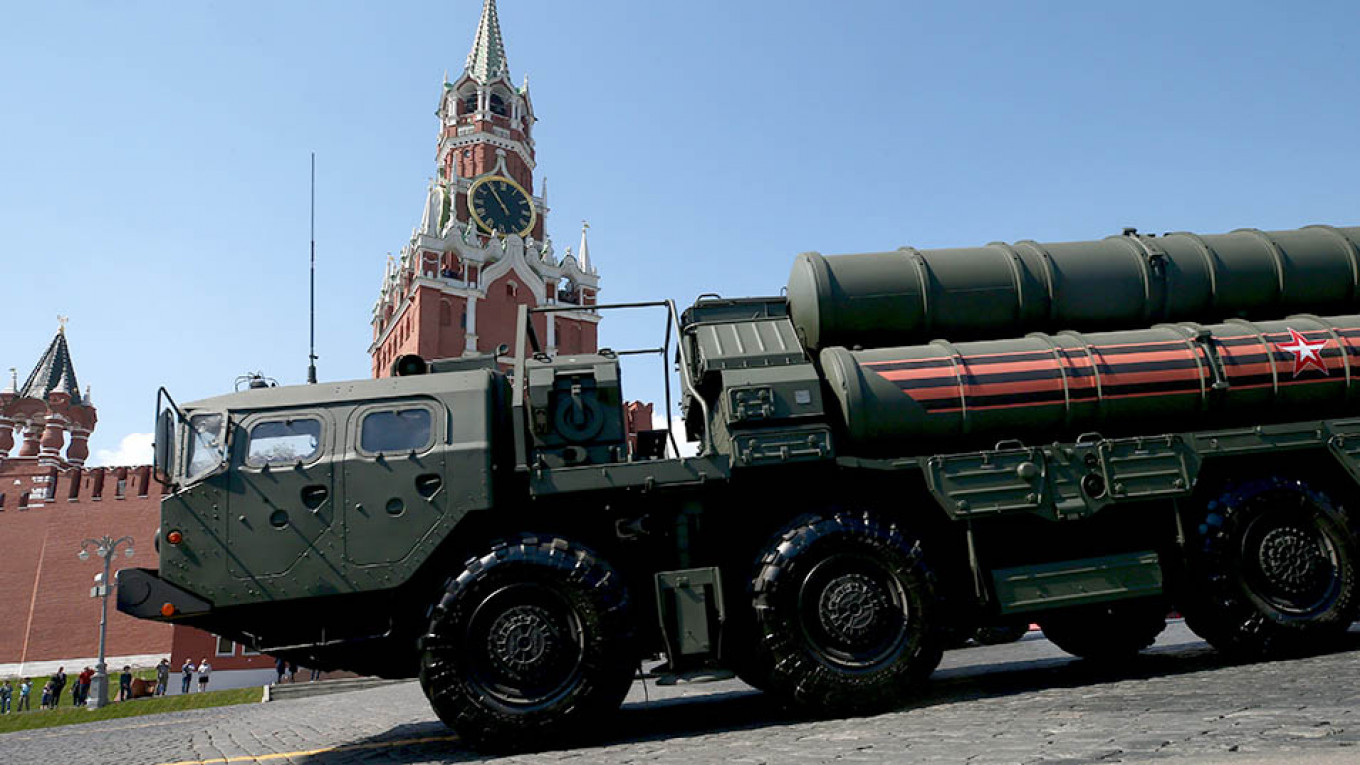
U.S. lawmakers have agreed Monday on a $738 billion annual defense policy bill that includes new measures against two of Russia’s nearly finished energy pipelines to Europe and Turkey.
The compromise version of the National Defense Authorization Act (NDAA) overcame concerns that it might fail for the first time in 58 years over divides between the two branches of Congress. After months of negotiations, the key policy-setting document is expected to pass before lawmakers leave Washington for the holiday break later this month.
Among other things, the proposed fiscal 2020 NDAA imposes sanctions relating to Russia‘s Nord Stream 2 and TurkStream pipelines and bars military-to-military cooperation with Russia.
Russia is building the pipelines to bolster supply to Europe while bypassing Ukraine, and members of Congress have been pushing the Trump administration to do more to stop the projects as they near completion.
The NDAA also re-authorizes $300 million of funding for the Ukraine Security Assistance Initiative to include lethal defensive items as well as new authorities for coastal defense cruise missiles and anti-ship missiles.
Military aid to Ukraine has been at the center of the impeachment inquiry into Trump after his administration held up security assistance for Kiev this summer even as the country dealt with challenges from Russia.
The NDAA also calls for sanctions on Turkey over its purchase of a Russian missile defense system.
It prohibits the transfer of F-35 stealth fighter jets to Turkey. It says Turkey’s acquisition of Russia‘s S-400 missile defense system, which Washington says threatens the F-35, constitutes a significant transaction under U.S. sanctions law.
The bill says U.S. President Donald Trump should impose sanctions on Turkey over the S-400 purchase, something lawmakers have been demanding.
The legislation also contains a series of provisions intended to address potential threats from China, including requiring reports on China’s overseas investments and its military relations with Russia.
The NDAA does not contain sanctions against Russia’s sovereign debt included in its previous iteration, the RBC news website pointed out.
Reuters contributed reporting to this article.
